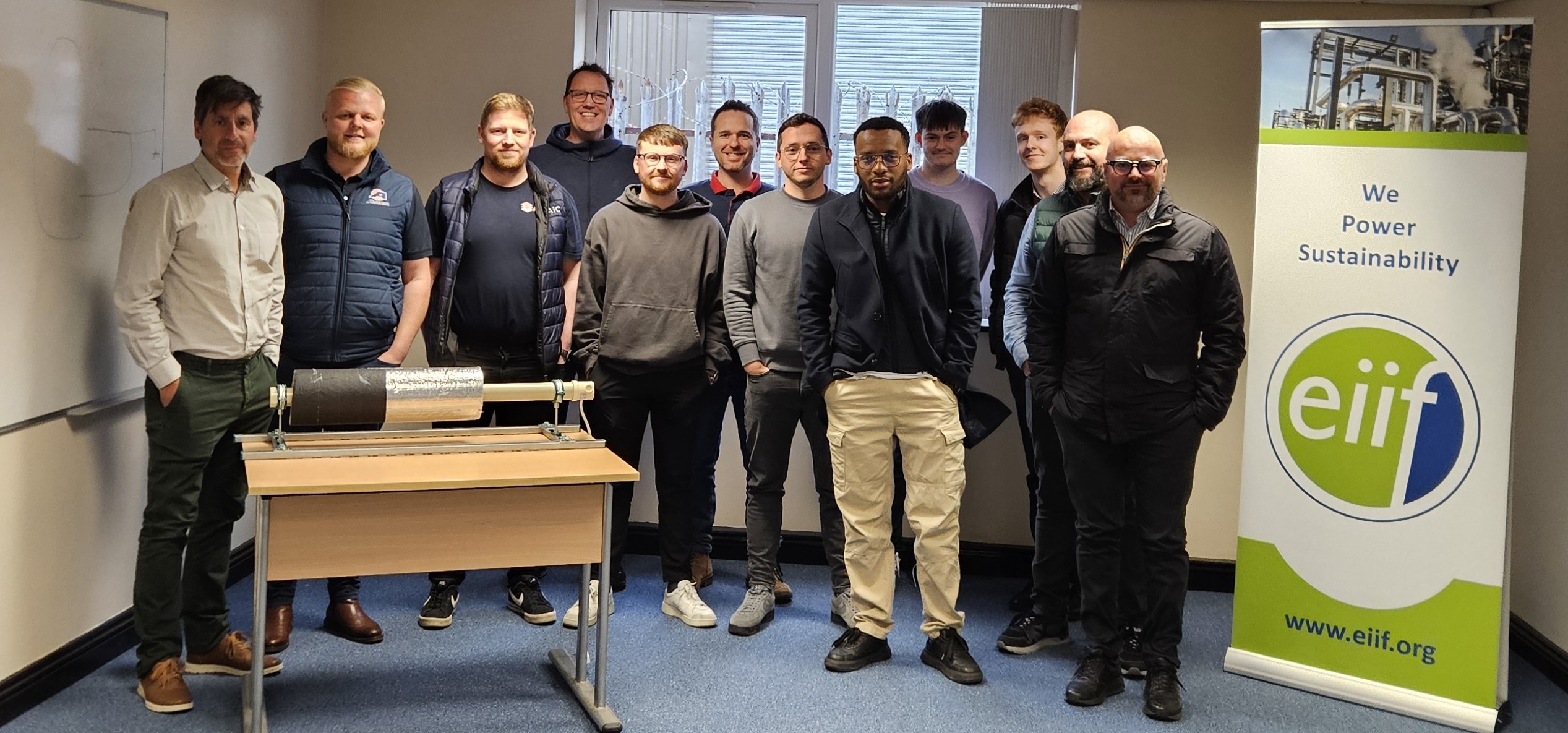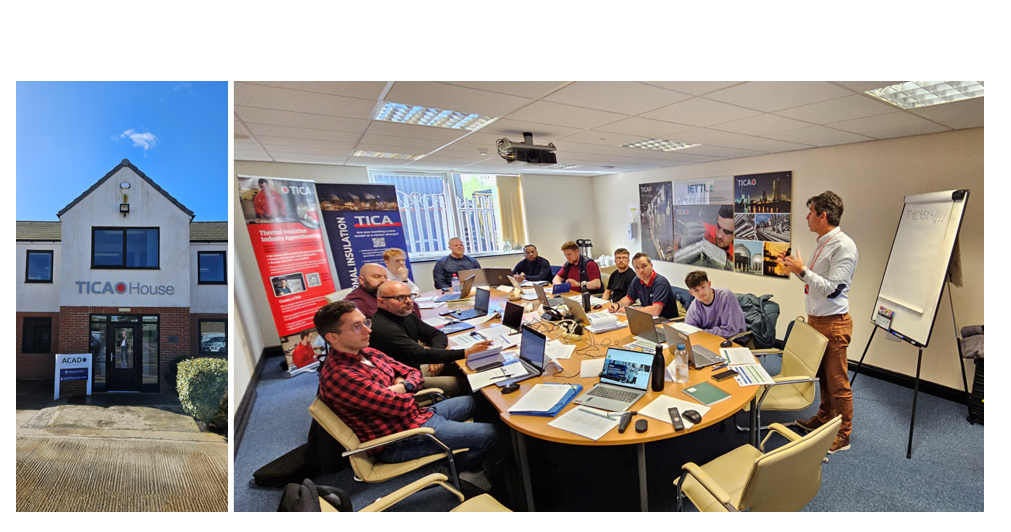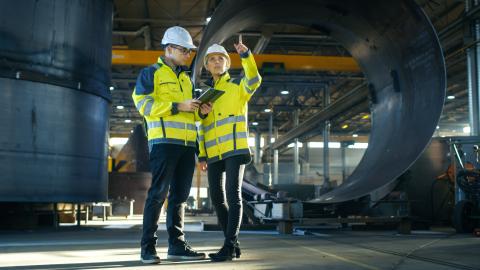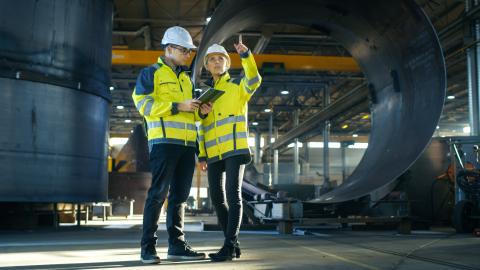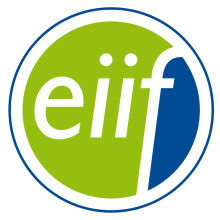We Power Sustainability
The European Industrial Insulation Foundation (EiiF) is a non-profit foundation headquartered in Switzerland. It has been set up to promote and establish the use of industrial insulation as a widely understood and accepted means of achieving sustainability.

